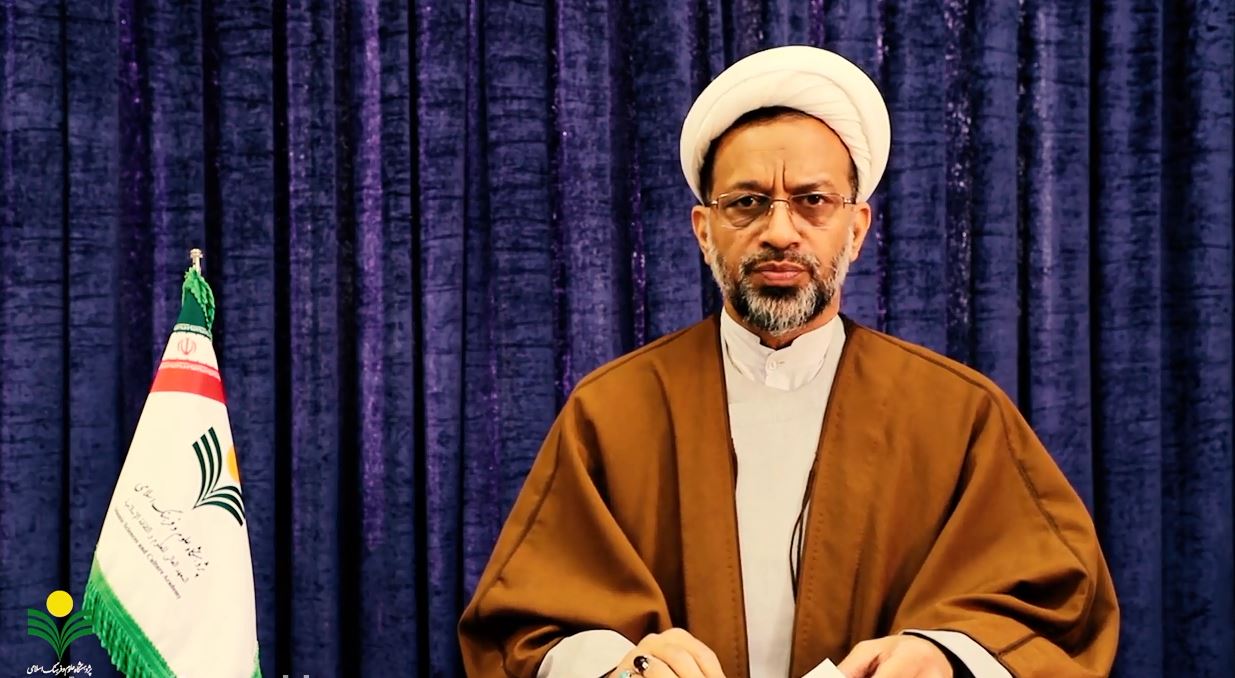AhlulBayt News Agency (ABNA): An Iranian cleric has urged for a broader focus on "spiritual health" as an essential dimension of wellbeing, highlighting the scientific authority of the Quran in guiding this aspect.
Speaking in a local event on Sunday, Hojat-ol-Islam Isa Isazadeh said that he had dedicated a year to studying how spiritual health intersects with modern medicine, emphasizing that this often-overlooked component could play a vital role in preventing mental and even physical illnesses.
"Spiritual health," Isazadeh says, is a critical dimension of overall wellbeing, often neglected in contemporary healthcare. "One of the factors behind mental disorders and even physical ailments is the absence of spiritual health."
Referring to global research, he noted that health organizations, including the World Health Organization, have acknowledged the importance of this aspect, with a significant body of literature examining its benefits.
Isazadeh, a member of the faculty at the Islamic Sciences and Culture Assembly, argued that the Quran could serve as a foundational scientific source for promoting spiritual health. "Decades of excessive focus on physical health have, in fact, neglected this essential spiritual dimension," he said, warning that this imbalance may have negatively impacted society’s overall wellbeing.
While many frameworks exist for addressing spiritual health, Isazadeh believes that the Quran provides distinct insights. "Although extensive studies have been done in this area, very little research has focused on the Quran’s perspective, particularly regarding concepts like inner and heartfelt conscience," he said.
Isazadeh emphasized that external forms of accountability, such as “enjoining good and forbidding evil,” while important, are not the main focus of his research.
Exploring the Quran’s scientific authority, Isazadeh explained, "By ‘scientific authority’ of the Quran, we mean its meaningful and structured impact on established fields of knowledge.”
“We believe that Quranic verses can offer methods for achieving spiritual health," he added.
He also pointed to a definition of health that includes peace, security, and the absence of flaws, aligning with the World Health Organization’s concept of holistic health. "Health is multidimensional," he stated, "and while a materialistic approach may see spiritual health as a tool for physical recovery, from a broader, more meaning-centered perspective, spiritual health aids in healing both body and mind and contributes to social health."
Reflecting on Quranic verses, Isazadeh noted that the concept of “oversight” plays a critical role in spiritual health. "If people realize they are under divine observation, they will act with greater caution, safeguarding their own and society’s wellbeing," he said.
...................
End/ 257

